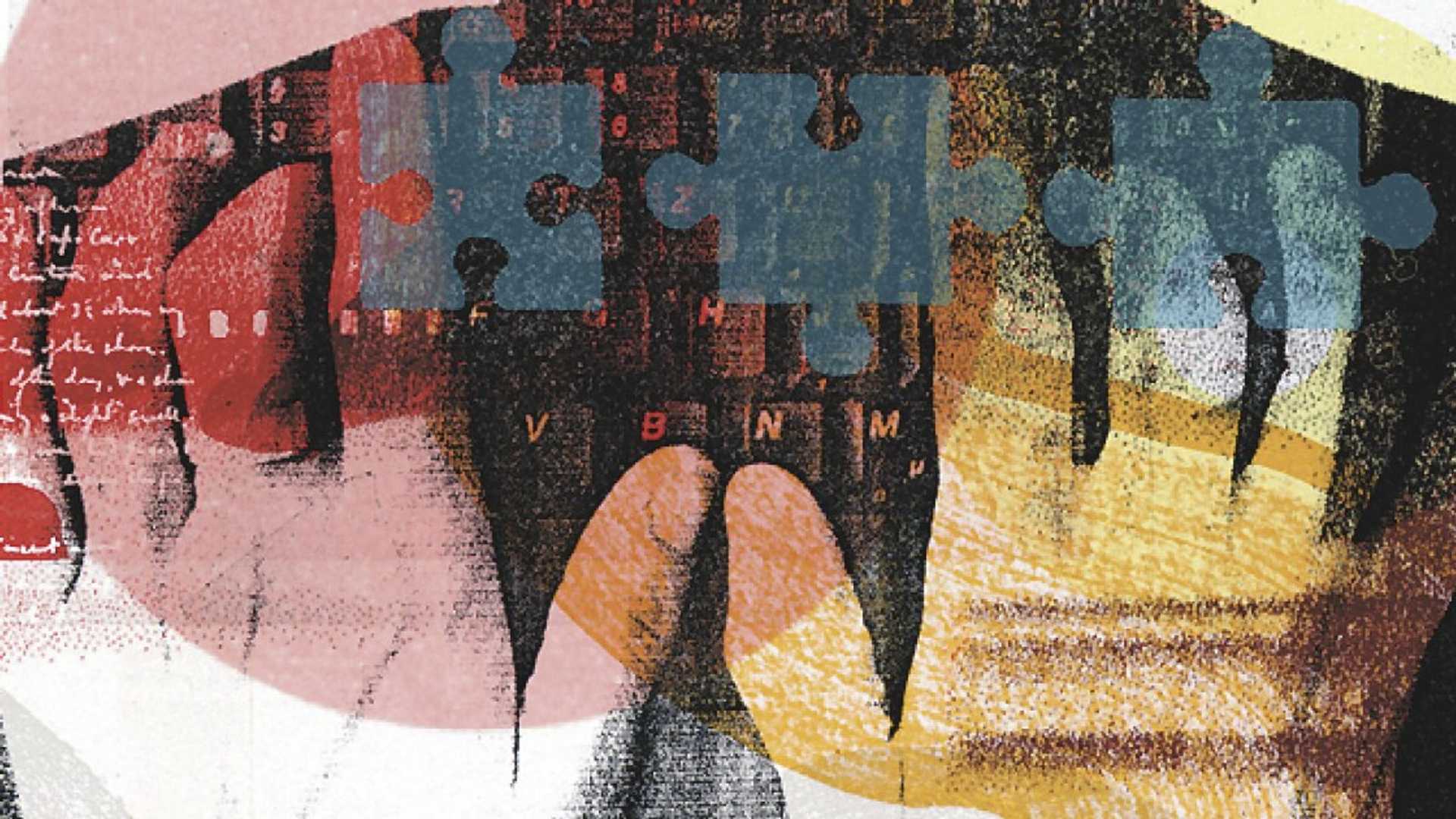I'm a Student. You Have No Idea How Much We're Using ChatGPT
As students, we are expected to submit work that reflects our own thinking, or face discipline. However, the rise of generative AI like ChatGPT has made it easier than ever to use technology to do the lion's share of the thinking while still submitting work that looks like our own. Teachers and professors assume that there will be some sort of evidence to catch students who use AI on written work, but this is a dangerous misconception. In reality, it's effortless to utilize AI to make our work appear as if we've done it ourselves.
Many teachers are fearful that AI is writing our essays for us, but that isn't the case. The more effective, and increasingly popular, strategy is to have the AI walk us through the writing process step by step. Depending on the topic, we may even be able to have the AI write each paragraph the outline calls for, one by one, then rewrite them ourselves to make them flow better.
As an example, we can ask ChatGPT to give us specific thesis statements for a close reading of the Iliad. ChatGPT provided one of its suggestions: “The gods in the Iliad are not just capricious beings who interfere in human affairs for their own amusement but also mirror the moral dilemmas and conflicts that the mortals face.” It also listed nine other ideas that we could argue. Already, a major chunk of the thinking had been done for us. One of the main challenges of writing an essay is thinking through the subject matter and coming up with a strong, debatable claim, but with ChatGPT, we suddenly have one.
However, the vital takeaway here is that it's simply impossible to catch students using this process, and for us, writing is no longer much of an exercise in thinking. The problem isn't with a lack of AI-catching technology, since even if we could definitively tell whether any given word was produced by ChatGPT, we still couldn't prevent cheating. The ideas on the paper can be computer-generated while the prose can be our own.
There are two possible conclusions. One is that we should embrace the role AI is beginning to play in the writing process since it makes essays easier to write. If a tool is useful and widely available, students should learn how to use it. However, if this is our only takeaway, we neglect the essay's value as a method for practicing critical thinking. When we want students to learn how to think, assignments become essentially useless once AI gets involved.
Therefore, the reasonable conclusion is that there needs to be a split between assignments on which using AI is encouraged and assignments on which using AI can't possibly help. Colleges need to prepare their students for the future, and AI literacy will certainly be important in ours, but AI isn't everything. If education systems are to continue teaching students how to think, they need to move away from the take-home essay as a means of doing this and move on to AI-proof assignments like oral exams, in-class writing, or some new style of schoolwork better suited to the world of artificial intelligence.




















